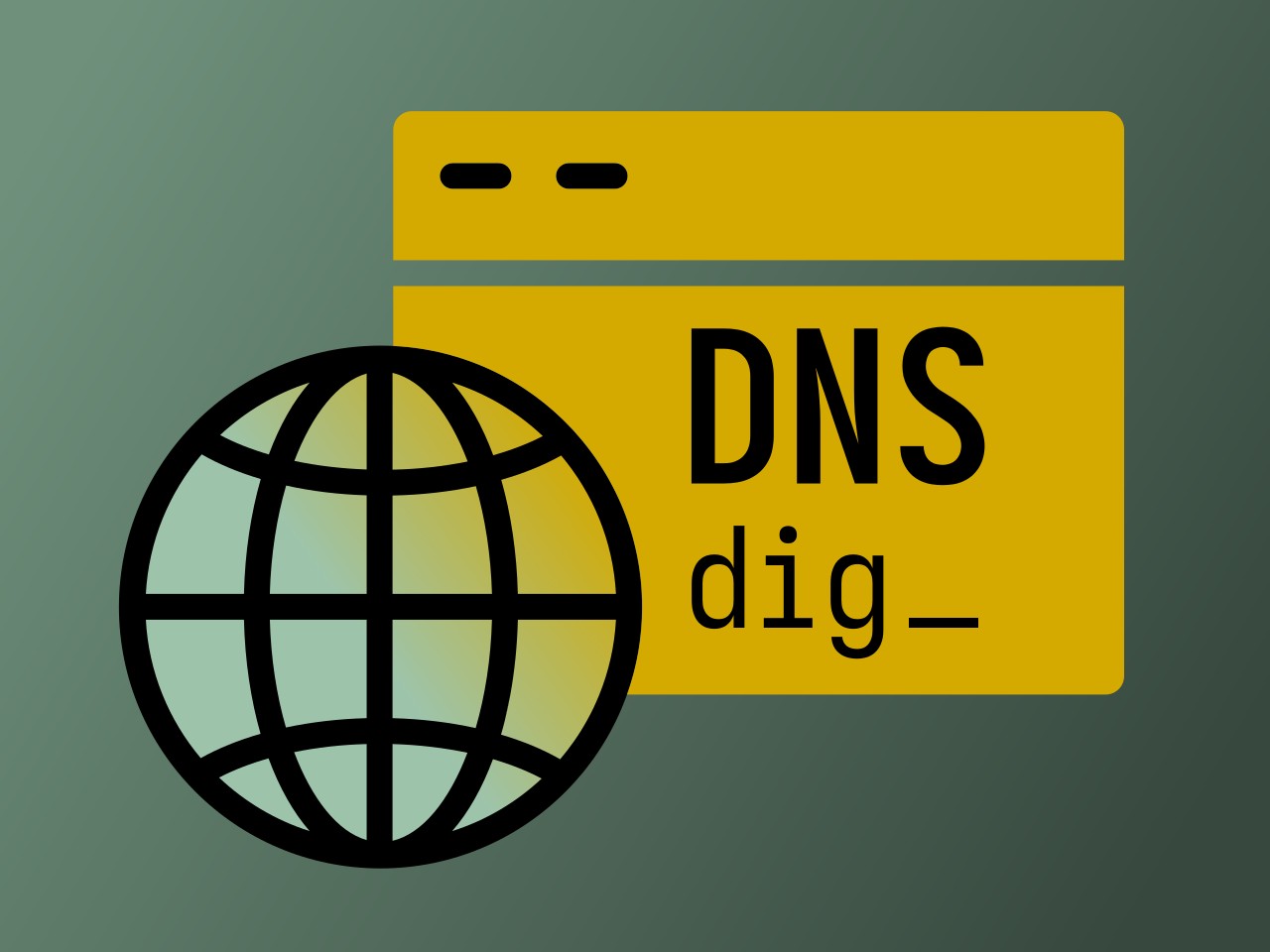Uncovering Information about IP Addresses - Digging Deeper with Reverse DNS Lookup
Created on 29 March, 2023 | DNS | 1,253 views | 2 minutes read

Image source: linuxiac.b-cdn.net
When it comes to understanding the internet, IP addresses are at the core of communication. However, IP addresses can reveal
more than just a numerical identifier. Reverse DNS lookup is a technique that allows us to uncover valuable information about
IP addresses, such as domain names, associated services, and even geographical locations. This article explores the concept of
reverse DNS lookup and its practical applications in discovering insights about IP addresses.
Understanding Reverse DNS Lookup
In traditional DNS lookup, we use domain names to retrieve corresponding IP addresses. Reverse DNS lookup, on the other hand,
allows us to go in the opposite direction. By inputting an IP address, we can query the DNS system to obtain information about
the domain name associated with that IP. This technique is useful for identifying the hostname, domain ownership, and other
relevant details related to a specific IP address.
Benefits and Applications
Reverse DNS lookup provides several benefits and practical applications:
1. Network Troubleshooting
When investigating network issues or suspicious activities, reverse DNS lookup can help identify the owners of IP addresses
involved. It allows network administrators to trace the source of potential problems, determine if an IP is associated with
a known service or provider, and gather important information for troubleshooting purposes.
2. Email Authentication
Reverse DNS lookup is commonly used in email authentication mechanisms, such as Sender Policy Framework (SPF) and DomainKeys
Identified Mail (DKIM). These protocols validate the legitimacy of email senders by checking if the IP address associated with
the sender's domain aligns with the domain in the email header. Reverse DNS lookup plays a crucial role in this verification
process.
3. Anti-Spam Measures
Reverse DNS lookup is employed in anti-spam systems to detect and filter out spam emails. By checking the reverse DNS records
of incoming email servers, spam filters can assess the reputation and authenticity of the sending IP address. This helps in
reducing the likelihood of receiving spam and improving email security.
4. Cybersecurity Investigations
Reverse DNS lookup is an essential tool in cybersecurity investigations. It enables analysts to gather valuable intelligence
about IP addresses involved in potential security incidents or malicious activities. By uncovering associated domain names and
other information, security professionals can piece together the puzzle, identify potential threats, and take appropriate
actions to mitigate risks.
5. Geolocation and Network Planning
Reverse DNS lookup plays a role in geolocation, where IP addresses are mapped to specific geographic locations. This information
can be valuable for network planning, content delivery, and targeted marketing strategies that rely on understanding the geographical
distribution of website visitors or network users.
Limitations and Considerations
While reverse DNS lookup provides valuable insights, it's important to note that not all IP addresses have associated domain
names or accurate reverse DNS records. Some IP addresses might only reveal generic information or no information at all. Additionally,
reverse DNS records can be manipulated or misconfigured, leading to inaccuracies. Therefore, it's crucial to interpret the results
of reverse DNS lookup with caution and consider them as one piece of the puzzle rather than the sole source of information.
Conclusion
Reverse DNS lookup is a powerful technique that allows us to uncover valuable information about IP addresses. It provides insights
into domain names, associated services, and geographical locations, enabling various applications in network troubleshooting,
email authentication, anti-spam measures, cybersecurity investigations, and network planning. By leveraging reverse DNS lookup,
we can gain a deeper understanding of IP addresses and enhance our ability to manage, secure, and optimize our online interactions.
Popular posts
-
Converting Between Long and Short URLs - URL Conversion Made Easy
3,919 views
-
Identifying and Addressing IP Reputation Issues - Exploring Blacklists
ip | 2,960 views
-
Implementing DNS Caching and Load Balancing - Maximizing DNS Performance
DNS | 2,657 views
-
The Power of Ping Tests - Boosting Network Performance
2,438 views
-
Difference Between Public and Private IP Address
ip | 2,092 views